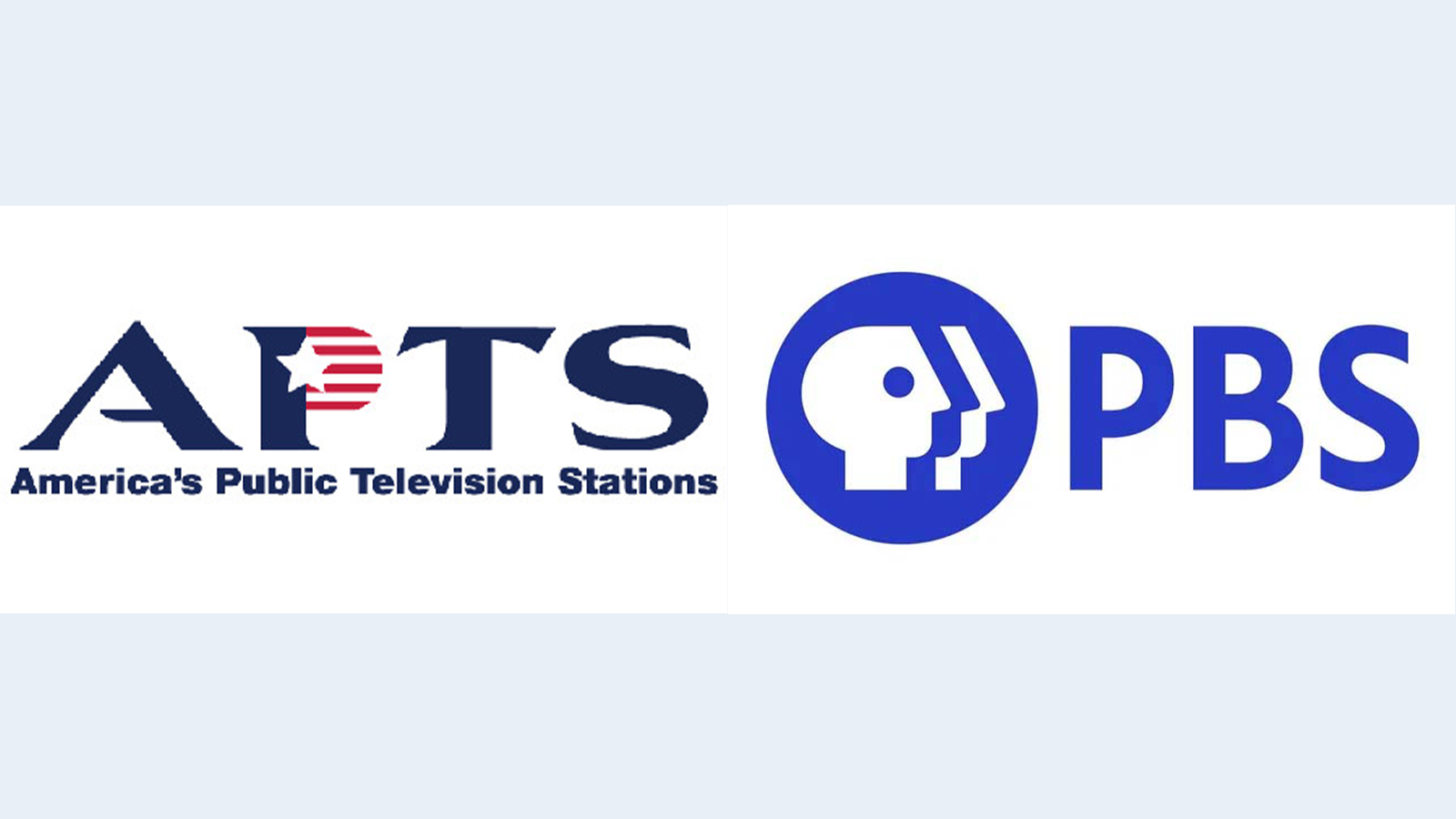Cable Sues Over Analog Must-Carry
A group of cable programmers is suing the FCC over its Sept. 11 requiring cablers to carry both analog and digital versions of broadcast channels, claiming the ruling violated their First Amendment rights.
The National Cable and Telecommunications Association (NCTA), which represents cable operators and programmers, praised the order as “cable’s carriage plan” back in September.
The court filing by the programmers—C-SPAN, Discovery Communications, The Weather Channel, TV One, A&E Television Networks and Scripps Networks—is light on specifics of how the order restricts their speech. But in a press release announcing the suit, the programmers say requiring analog carriage of local broadcasters could force channels off the analog menu, depriving them of their First Amendment rights to speak to audiences that may value their programming.
The programmers said the dual must-carry rule will have its greatest effect when broadcast stations give up their over-the-air analog signals and replace them with digital signals.
“The new FCC rule requires almost all cable operators to recreate the analog version of a local broadcast station’s signal and then to devote channel space to carry two versions?both the analog and digital versions—for at least the next three years,” the programmers said.
In fact, cable operators are already required to carry local channels on digital and analog tiers. After Feb. 17, 2009, cable operators will have to convert the digital signals into analog for those subscribers. Then, they will also have to carry the HDTV signals of those local broadcasters who provide them—which could significantly affect cable operators’ capacity.
The companies claim the FCC’s favoritism to broadcasters not only ignores the public interest value of their programming, but it also violates their First Amendment right to “speak” to cable subscribers when they are forced off, or kept off cable systems because the limited available channel space must be given to broadcasters under the dual must-carry rule.
“The Supreme Court has made it very clear that cable programmers have First Amendment rights,” said C-SPAN Chairman Brian Lamb, “so it is frustrating to us and the other companies involved in this appeal, that our audiences risk losing our programming and that we have to go to court just to get a fair shake from the FCC.”
NAB responded quickly, accusing the programmers of breaking the promise made by the NCTA to support the dual-carry order.
“Today’s lawsuit by a handful of self-serving pay TV programmers represents yet another attempt by cable interests to block a successful digital television transition,” NAB spokesman Dennis Wharton said. “By reneging on the NCTA commitment to preserve cable carriage of local broadcast stations to all cable customers after February 2009, these programmers threaten to block consumer access to scores of foreign language and religious TV stations all over America.”
The programmers said arguments in the case are not expected until the fall.
The professional video industry's #1 source for news, trends and product and tech information. Sign up below.
